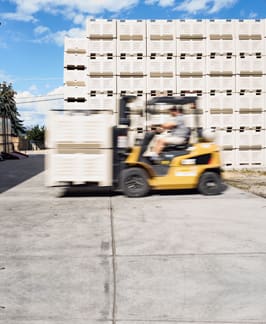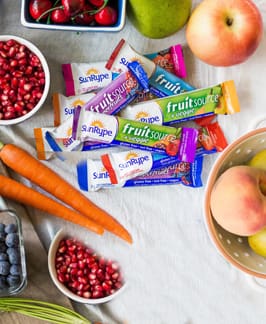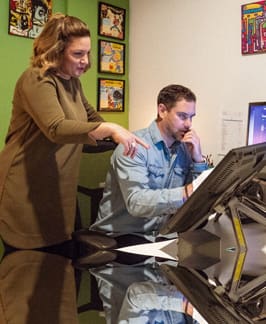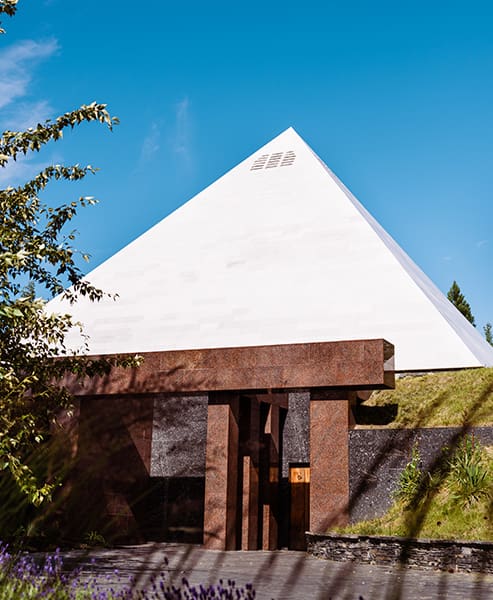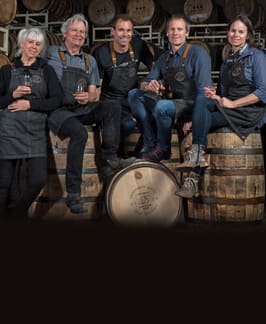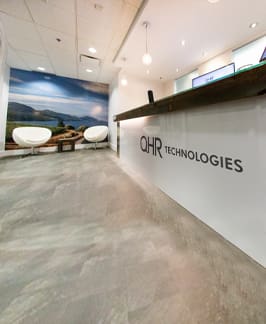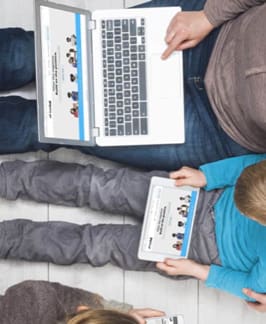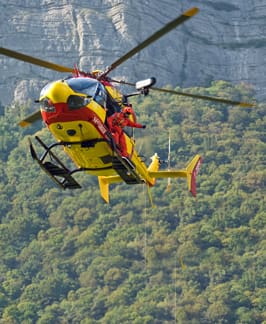Day’s Century have been farming in the Okanagan Region for almost as long as there’s been farming in the Okanagan. In the late 1890’s, Ephraim Day homesteaded property in the heart of Kelowna and over five generations the family holdings have since expanded to encompass over 136 acres.
This includes the largest pear orchard in the province, distributing Bartlett, Bosc and Green and Red D’Anjou pears across North America. The family also sells freshly picked vegetables, fruit and sweet corn in their own farm market.
“Almost 75% of our revenue comes from pears, yet it’s probably just a little over a quarter of the actual ground we farm,” says Kevin Day, who runs the current operation with his sister Karen Day. “According to my grandfather, this area is the best pear growing land in Canada. Very, very high quality. It’s a combination of climate, the heavy clay loam soil, the nearness of the lake, really just so many reasons.”
In 2012, the Day’s made a bold move to take control of their pears. “My sister and I felt we could manage our crop more efficiently if we removed ourselves from the pool system. So we built our own packing house, taking responsibility for the storage, packing and shipping of the pears we grow. Fortunately, it’s worked out.”
The family stepped things up again in 2019 when they installed a state-of-the-art packing machine and a high-resolution optical pear-sorting system, the first of its kind in Canada. The system scans pears for external defects, taking sixty images of each pear to ensure the highest quality and proper grading.

“It’s such a cool experience to have dinner and to know that everything we’re eating was grown on the farm.”

“Food safety and the retail marketplace demand you touch the fruit as little as possible,” Day explains. “Pears are very prone to surface scuffing. In Holland, more than 50% of their tree fruits are pears, so when they design equipment, they design it for pears. Whereas any other countries, such as New Zealand, Australia, the United States, their machines are geared for maybe 90% apple-use and 10% pears. So I knew I’d be able to find the best machine in Holland, one designed specifically for pears.”
“Optical sorting was a big step for us to please retailers. Each pear is touched only twice; once when it’s picked into the bin and then months later when it’s packed into a box. It’s both labour efficient and complies with food safety regulations.”
This innovation has changed other lives in the Day family, too. Daughter Kati is the company’s Communication Manager and other daughter Erin is Operations Manager, with her husband Riley handling Shipping and Receiving. As the next generation, Erin and Riley oversee all aspects of the farm, including growing, harvesting and production of feed crops, carrying on the legacy of the Day family.

“Properly managing our highest-value farm commodity has changed our lives substantially. We were quite diversified before, but the packing house has ensured that all of our other diversification isn’t being drained to put into the pear crop.”

“All my life I’ve known working alongside my dad on the farm was pretty important to me,” says Erin. “I was drawn to it as young as eleven years old, when I had my first job in the fruit stand, working alongside my aunt. When I started my post-secondary education in 2013, I was going for my bachelor’s in biology, with an emphasis on botany. At that time, we’d already been packing our own fruit for two years and that’s kind of where my dad’s attitude changed. Things started to prove themselves with the packing line and the new business, so instead of, ‘You need to get an education, get a career, farming is not viable,’ he started calling us back, giving us all the information we needed to make this jump.”
“In 2016, after about half of my degree was finished, I decided to change my direction and started full-time on the production line in the packing facility. Then about seven months in I got a promotion and I just kind of moved up from there. I’m Operations and Food Safety Manager for Day’s Century Growers now.”
“I think it’s a very attractive lifestyle,” she says enthusiastically. “It’s such a cool experience to have dinner and to know that everything we’re eating was grown on the farm. I can’t wait for the day when I can raise my kids on our family farm and teach them what I know about the importance of hard work and growing your own food.”
